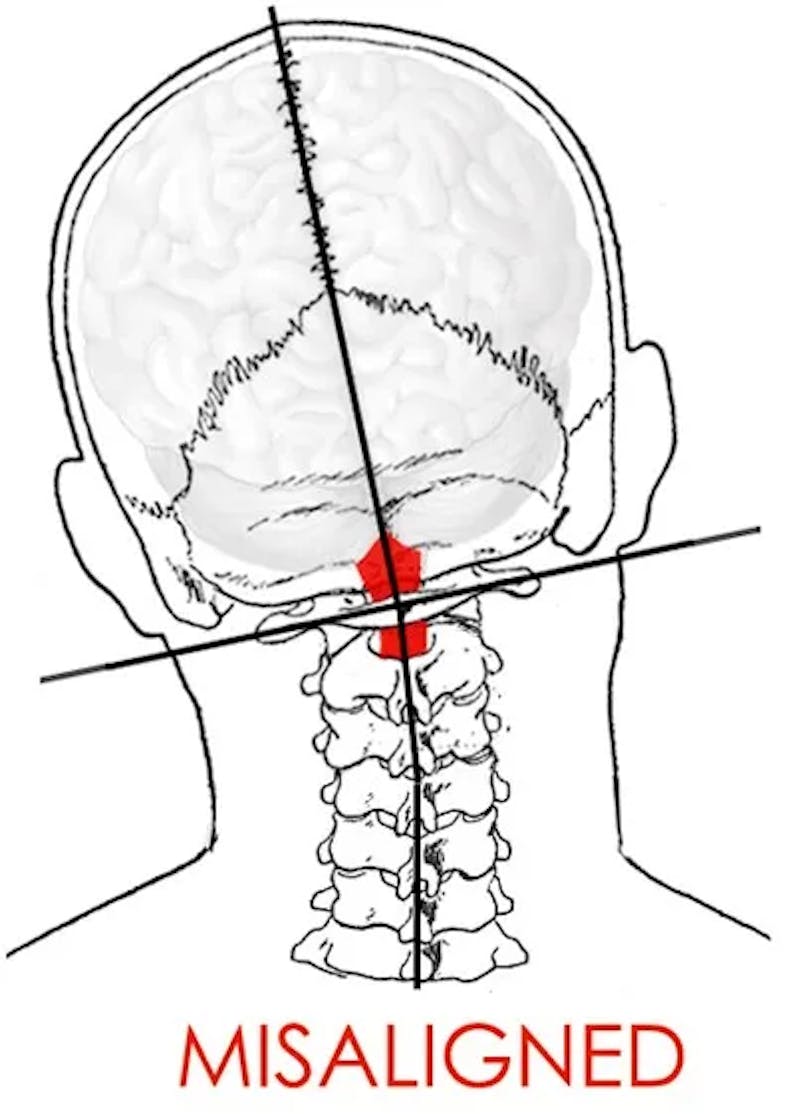
Understanding the Impact of Vertebral Subluxations
Firstly, when a vertebra loses its normal position, it loses its normal motion. Meanwhile, this interferes with the normal function of the nerve system. After all, the vertebral bones protect and house the spinal cord from which the spinal nerves exit. Also, this interference can occur as irritation or pressure on the spinal cord, or on the nerve roots as they pass out of the spinal column. In conclusion, this nerve interference, or injury, is what chiropractors call a subluxation.
The term subluxation is used in chiropractic to describe the altered position of a vertebra which affects the body’s ability to function optimally. However, this term is also used to describe a complex that alters the biomechanics of adjacent structures that can cause disturbances in the nervous system.
Secondly, subluxations can affect the related tissues: muscles, ligaments, tendons, discs, lymphatic system and blood vessels. Muscles supporting the spine can weaken, become tight, go into spasm or atrophy. Over time, scar tissue changes that muscle’s tone. A rise in temperature from increased blood and lymph supplies results in inflammation and swelling. Discs can bulge, herniate, degenerate, or tear. Resulting, in soft tissues permanently damaged.
Lastly, bone spurs and additional bony growths try to stabilize the area; resulting in naturally fused malfunctioning spinal joints. Spinal decay, scar tissue, and long-term nerve dysfunction can cause other body systems to malfunction which ultimately results in poor health. Some cases even require surgery.
Good news- Chiropractic, founded by D.D. Palmer and developed by his son BJ Palmer, is the only profession that locates, analyzes and corrects vertebral subluxations. Get the help you need today!
Intouch Chiropractic | San Diego, CA (619) 756-7510 San Diego Neck Pain Experts
Want to learn more about NUCCA care.
